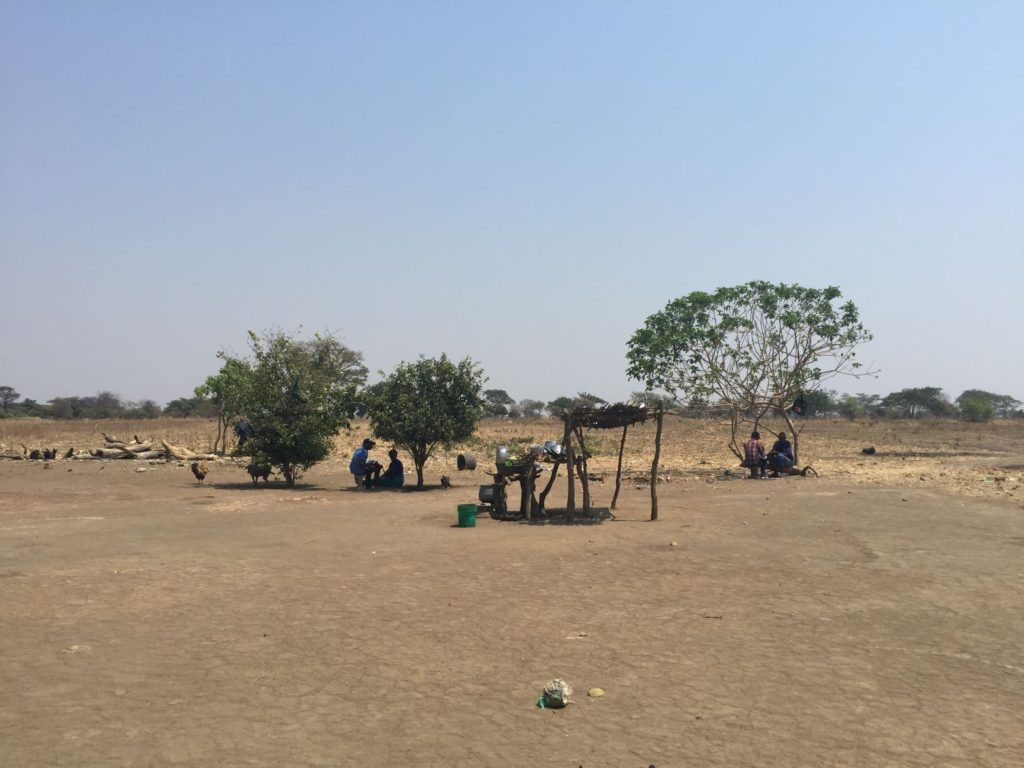About three years ago, I published Why should you care about global poverty? I deeply care about global poverty, and I am glad many Americans agree.
Since then, I’ve learned that the world is a more complex and terrible place than I’d previously thought. Outside of traditional foreign aid, there are plenty of ways the United States/Europe affects the rest of the world, and most of them are negative. So while my views on global policy have not changed, I now believe the best way to bring people in the world out of poverty is by stopping the harm that the US does to poor countries through food dumping, trade policy, military intervention, and more.
As an example of the global harm caused by US policy, here’s a quick introduction to food dumping. The US government spends billions of dollars on agricultural subsidies – the majority of which goes to already wealthy large producers. This means (Econ 101!) that the US overproduces food and can export food it wouldn’t be able to in an undistorted market. It ends up exporting food to developing nations (in nonemergency situations) at below market price – this is food dumping.
I first learned about the negative effects of food dumping through this shocking 2002 quote by Marc Malloch Brown, who used to head UNDP:
“It is the extraordinary distortion of global trade, where the West spends $360 billion a year on protecting its agriculture with a network of subsidies and tariffs that costs developing countries about US$50 billion in potential lost agricultural exports. Fifty billion dollars is the equivalent of today’s level of development assistance.”
While estimates vary from Malloch Brown’s, it’s widely accepted that stopping the practice of food dumping – rich countries sending food to poor countries at below-market prices – would help people in sub-Saharan Africa tremendously through increased profits, investments, land productivity, access to technology and more. Without US/EU agricultural subsidies, countries in sub-Saharan Africa (and Asia and Latin America) could become richer, export food, and develop without the stipulations of traditional foreign aid. The lives of millions upon millions of farmers would be improved.
I learned the real-world consequences of these policies while working in agriculture in Zambia. Time and again, I would speak with subsistence farmers growing maize, soybeans, sorghum, and sweet potatoes, about what would be useful to them. They kept mentioning access to better, global markets, which would allow them to move to being commercial farmers. This would allow them to buy higher quality equipment and seeds and be able to afford their children’s school fees, more nutritious food – all the basic amenities Americans take for granted.
These farmers go hungry if the rain doesn’t come or pests destroy their crop. They lack access to even 18th century farming technology. If they’re subsistence farmers, they lack the ability to give their children more stable lives than they have – because the kids have to work on the farm instead of go to school. If the US stopped or reduced agricultural subsidies and the subsequent food dumping, these farmers’ lives would improve immensely, to an extent that is almost unimaginable to Americans.

So… why does almost no one in the US care about this? Why do we not see great public outcry against agricultural subsidies and food dumping? Is it because of Big Ag? Is it because it’s difficult to understand? Or is it because the lives of Zambian farmers are so foreign, that Americans don’t care?
I don’t quite know where to begin. The harm the US/EU does is only through food dumping. It’s trade policies that benefit rich countries at the expense of poor ones. It’s US military intervention, which only a handful of socialists and libertarians seem to truly come out against (credit also to libertarians, while their aims may be different than mine, for coming out against agricultural subsidies).
There are many, many different ways that rich countries continues to affect the lives of people around the world, mostly for worse. What I used to see as a singular channel of influence, is in fact a many-tentacled beast, giving morsels in the form of foreign aid while taking myriad opportunities and resources away.
I do empathize with American bias towards United States issues in this time of economic uncertainty and tension. Yet, as I have seen scores of Americans admirably come out to protest police brutality, or anti-Asian violence – as I have seen people take time to learn about ending cash bail or starting universal basic income for Americans – I wonder, do we not also have the capacity to take time to learn about the US policies that harm people in the rest of the world? Where are the protests against agricultural subsidies, food dumping, and more?
I am still learning about these things, and as I learn, I’ll continue to read and write. I hope you can join me.


1 thought on “Why should you care about food dumping?”
Comments are closed.